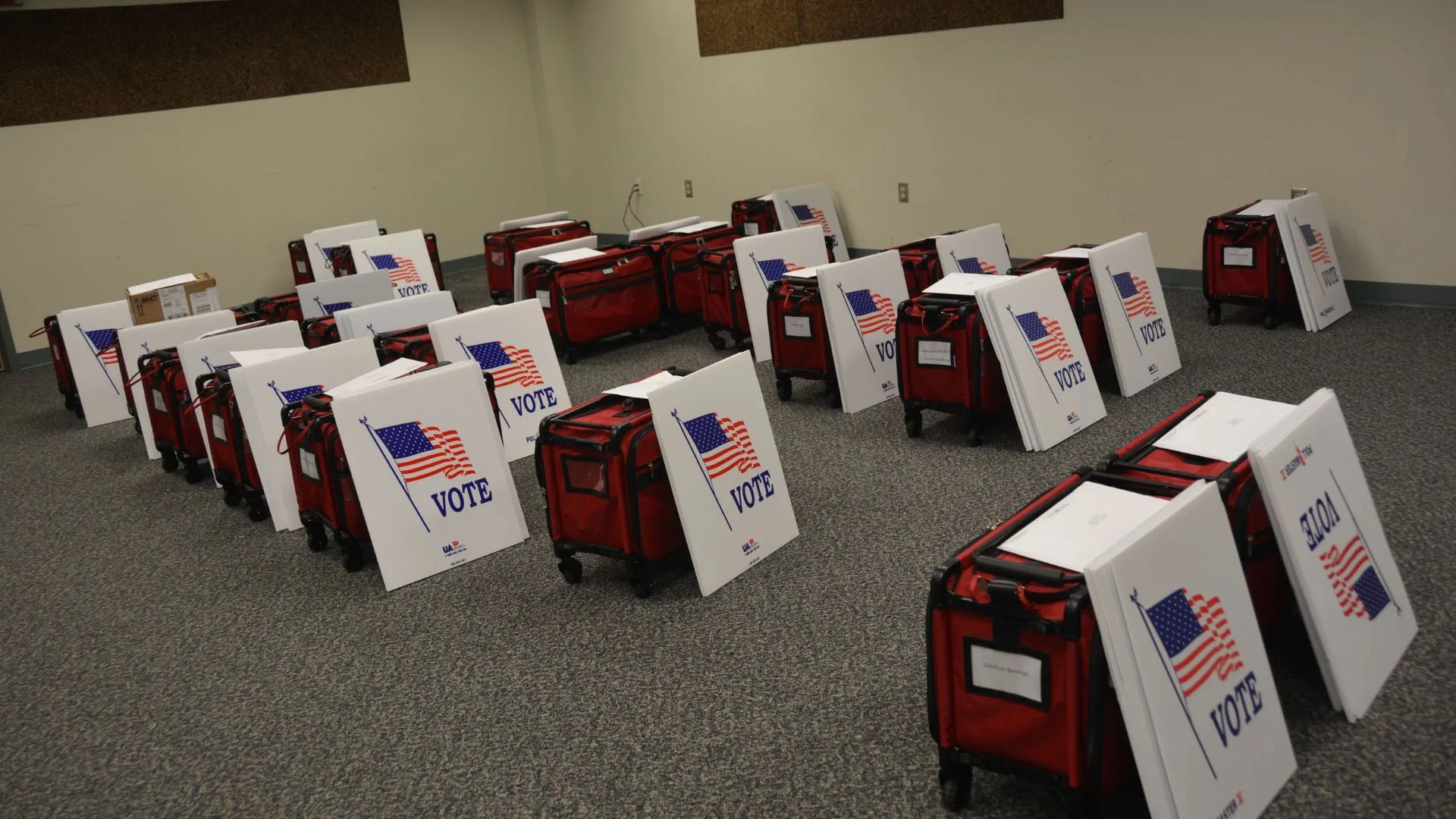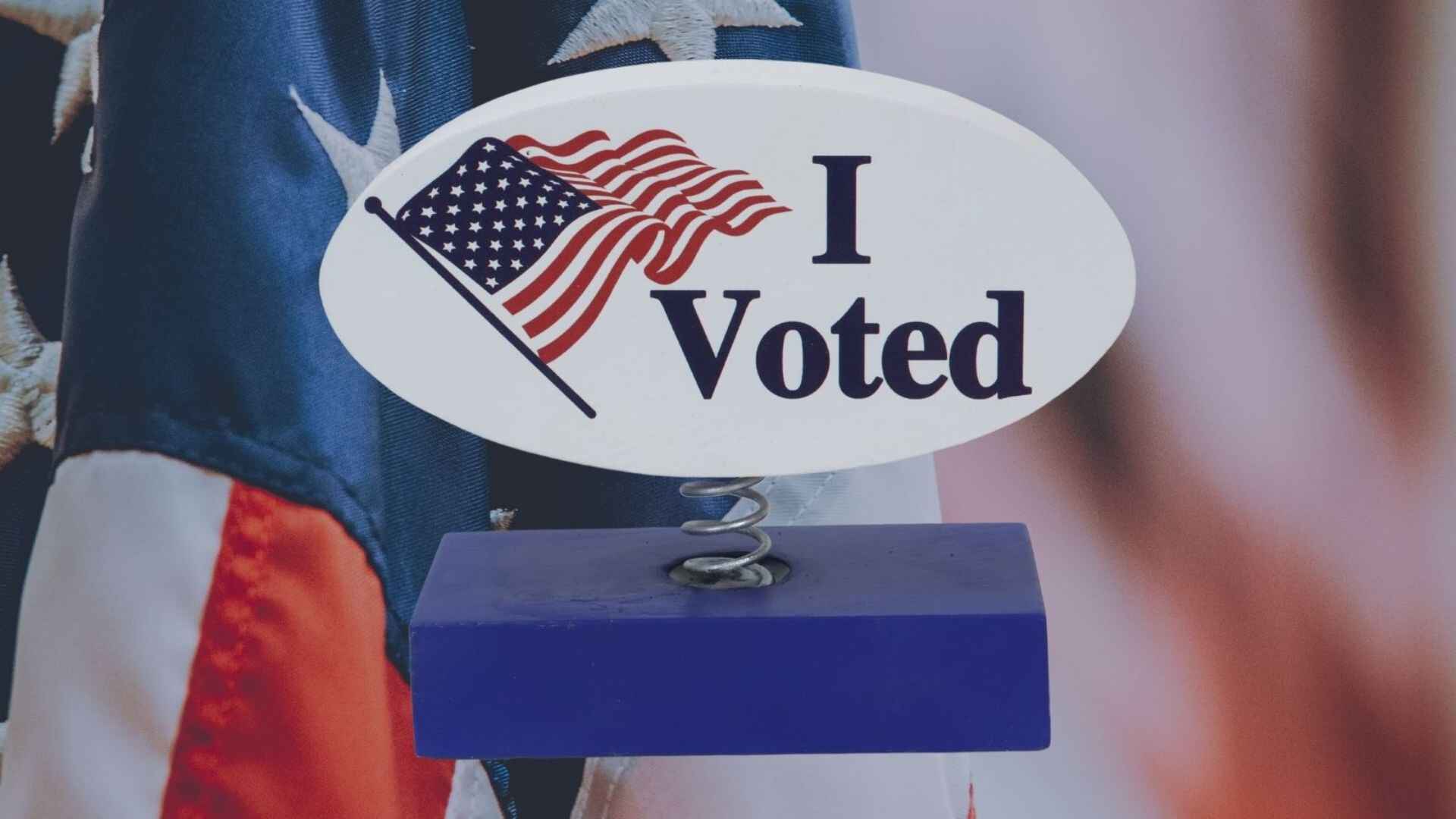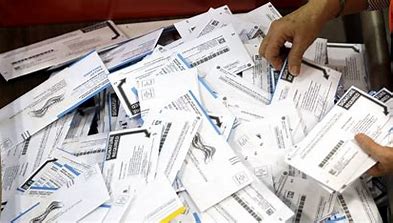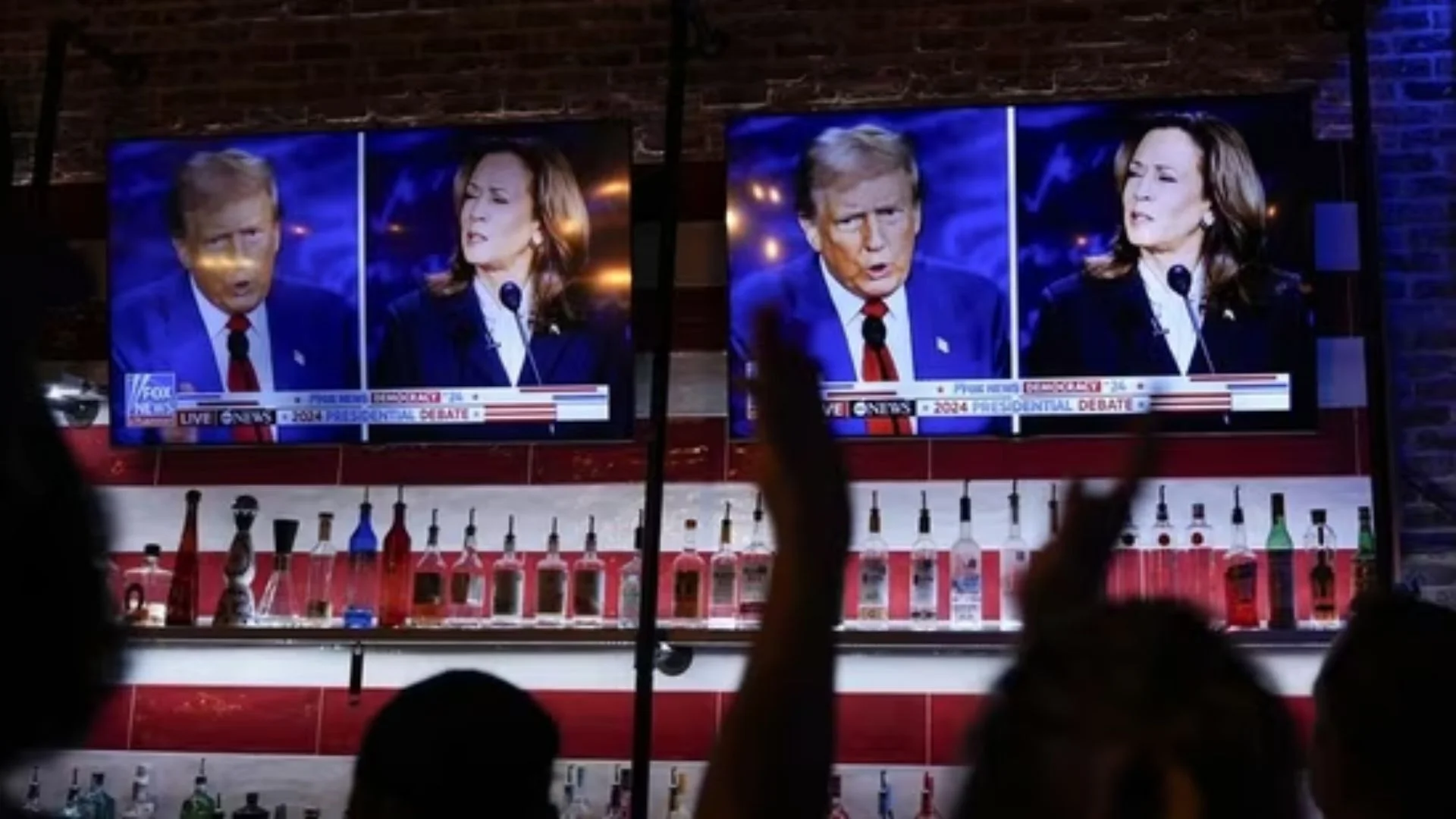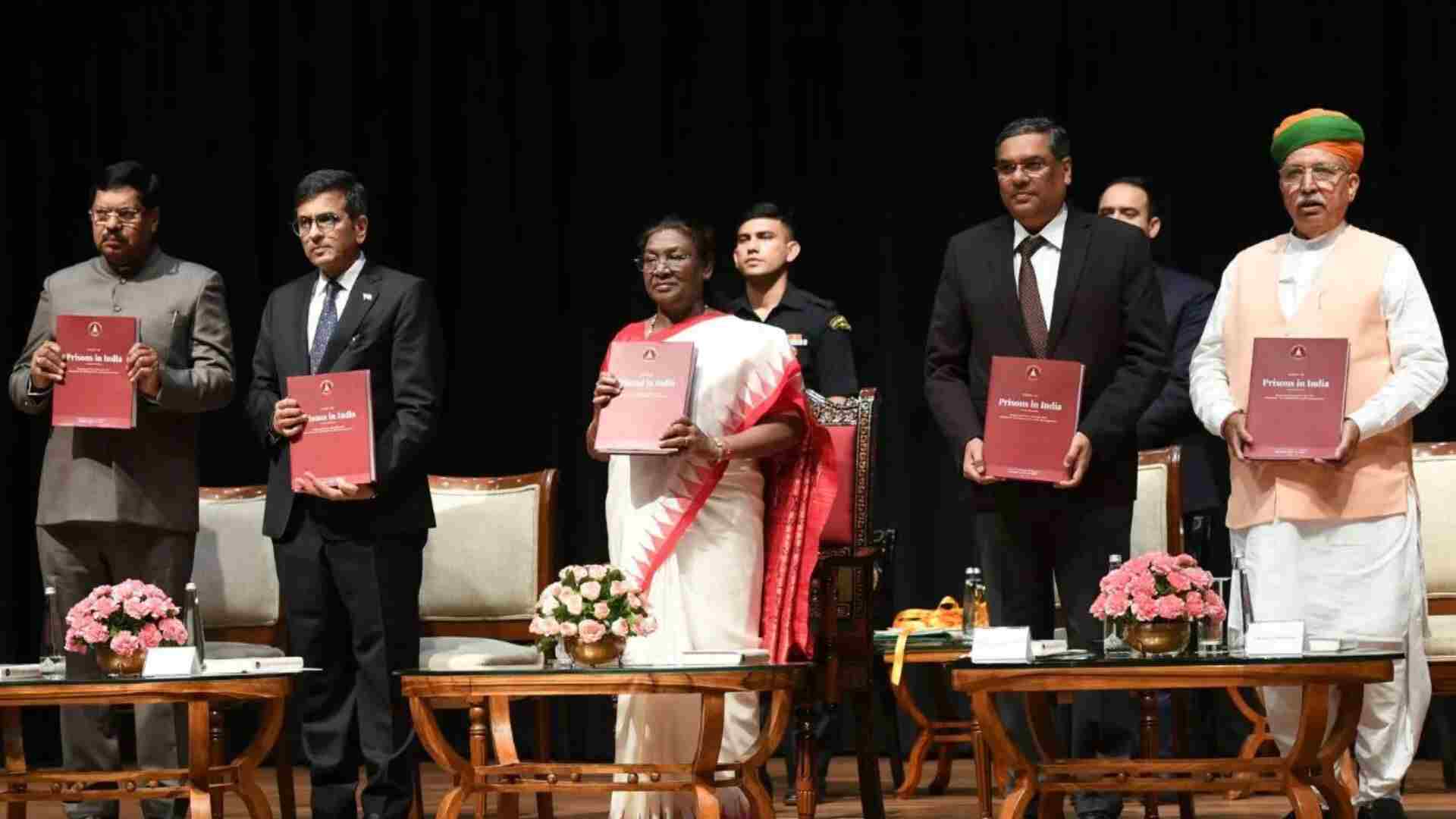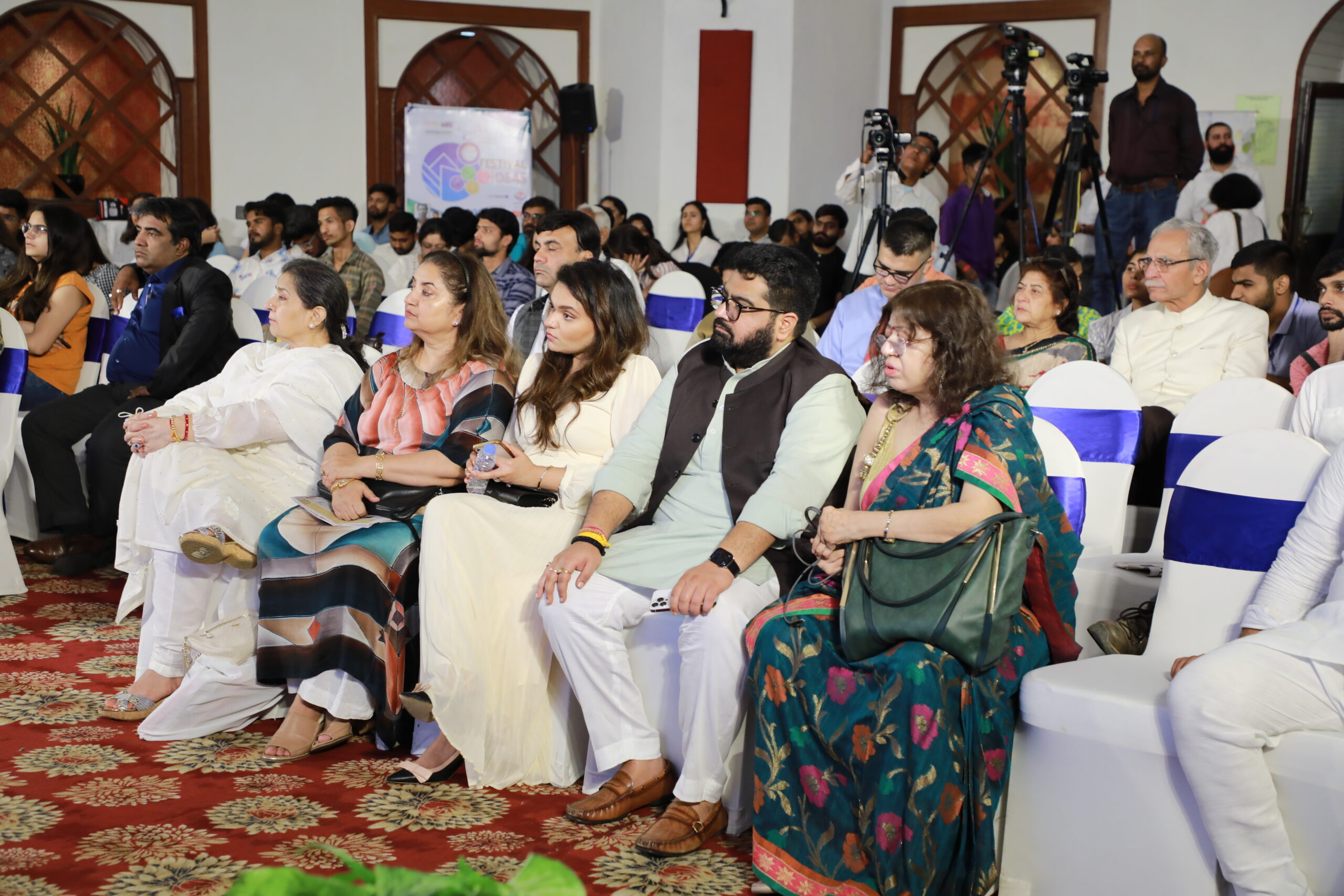
It is perhaps the world’s best known secret but seldom articulated as openly as at the Festival Of Ideas event presented by the ITV Media Group and Prabha Khaitan Foundation on Thursday. “There is only one man in China, who makes all the decisions. Whether foreign policy, security, or military, Xi Jinping takes all the decisions,” Jayadeva Ranade, President, CCAS, said during a session on ‘China Plus One’ on day one of the festival, an initiative to bring authors, thinkers, scholars, leaders and luminaries to share visions, ideas, hopes and dreams that build the foundation of the world’s future and its well-being.
The session moderated by Editor, Sunday Guardian, Joyeeta Basu, dwelt on unravelling the idea of China being redefined by the longest serving President of China who has also been holding the post of the general secretary of the Chinese Communist Party and chairman of the Central Military Commission. The theme of the session holds a special import as the world watches and speculates on Xi Jinping’s strategy amidst signs of deepening economic woes and reports of domestic social and political unrest, rising unemployment, food crisis, forest land being converted to farm and concern over an impending famine.
According to Srikanthh Kondapalli, Dean, SIS, JNU, 50 per cent of the protests in China are due to economic issues. “There were 5500 protests in China which went up to over 50,000 in 1995 and 2,46000 in 2012 when Xi Jinping took over. The State Council stopped giving out such data thereafter, but according to a university report, there were 3,50,000 protests and even that data stopped coming out,” said Kondapalli. The professor pointed out that most of these protests were due to economic distress like the withdrawal of pensions, electricity subsidies, social sector benefits and raising of tuition fee. The extended lockdown in China in December 2022 and protests with Shanghai seeing the worst of these incidents have left a deep economic scar. These alongwith the scaling down of the BRI projects on which an estimated USD 956 billion has been spent have aggravated the situation, Kondapalli pointed out.
Gautam Bambawale, former Ambassador of India to China, called for a ‘wait and watch’ approach to the unfolding scenario in China and the next line of action by Xinping. Responding to Basu’s suggestion that the falling economy may prompt Jinping to divert attention from the crisis by a military escalation with Taiwan or a limited conflict with India alongside the LAC, Bamabawale advised against jumping to any conclusions and suggested keeping an eye on the direction that the Chinese economy takes in the next six months. “If the problems deepen, there is a probability, though a low one, that China could try to divert attention, externally, either in the South China Sea or the straits of Taiwan, or even in the India-China border,” said Bamabawale.
On the possibility that the multifaceted crisis at home may have increased Xinping’s paranoia, regarding travelling to certain parts of the world where his security may be compromised, held out by Basu, Ranade said there is no doubt that Jinping was becoming paranoid. Pointing to the deep distress in the economy that has affected wide sections of the Chinese society, Ranade said that salaries in the provinces — of provincial officers — have been reduced, bonuses have been recalled, pensions have been cut and jobs are at a premium, leading to widespread dissatisfaction. “Besides, in the PLA, a whole lot of generals have been dismissed. As part of a new campaign to protect his position to ensure his safety and position as chairman of the Military Commission, charges against cadres of betraying Xi Jinping have been brought in,” he added. Ranade also hinted at news of Jinping changing bedroom as he is not sure of the security personnel around him.
“There have been repeated changes in the security set up, particularly the unit that looks after security of VIPs. His minister of public security, who looks internal security, has recommended and — that has been accepted — that all members of the Politburo Standing Committee, comprising 7 people who rule China, and the Central Committee should be put under watch and surveillance. These are all signs of paranoia,” Ranade said. However, he is making mistakes and that reflects in articles coming out which criticise not Jinping, but his policies, which, according to Ranade is a typical China way of doing things.
The panel did not vouch for a kinetic conflict between China and India because of the destruction that it could bring but a non kinetic conflict like in the maritime or cyber domain could not be ruled out. However, if the economic asymmetry between the two grows, there could be a conflict. Providing India is able to narrow that asymmetry in the next 5-7 years, there is less chance of a kinetic conflict.

